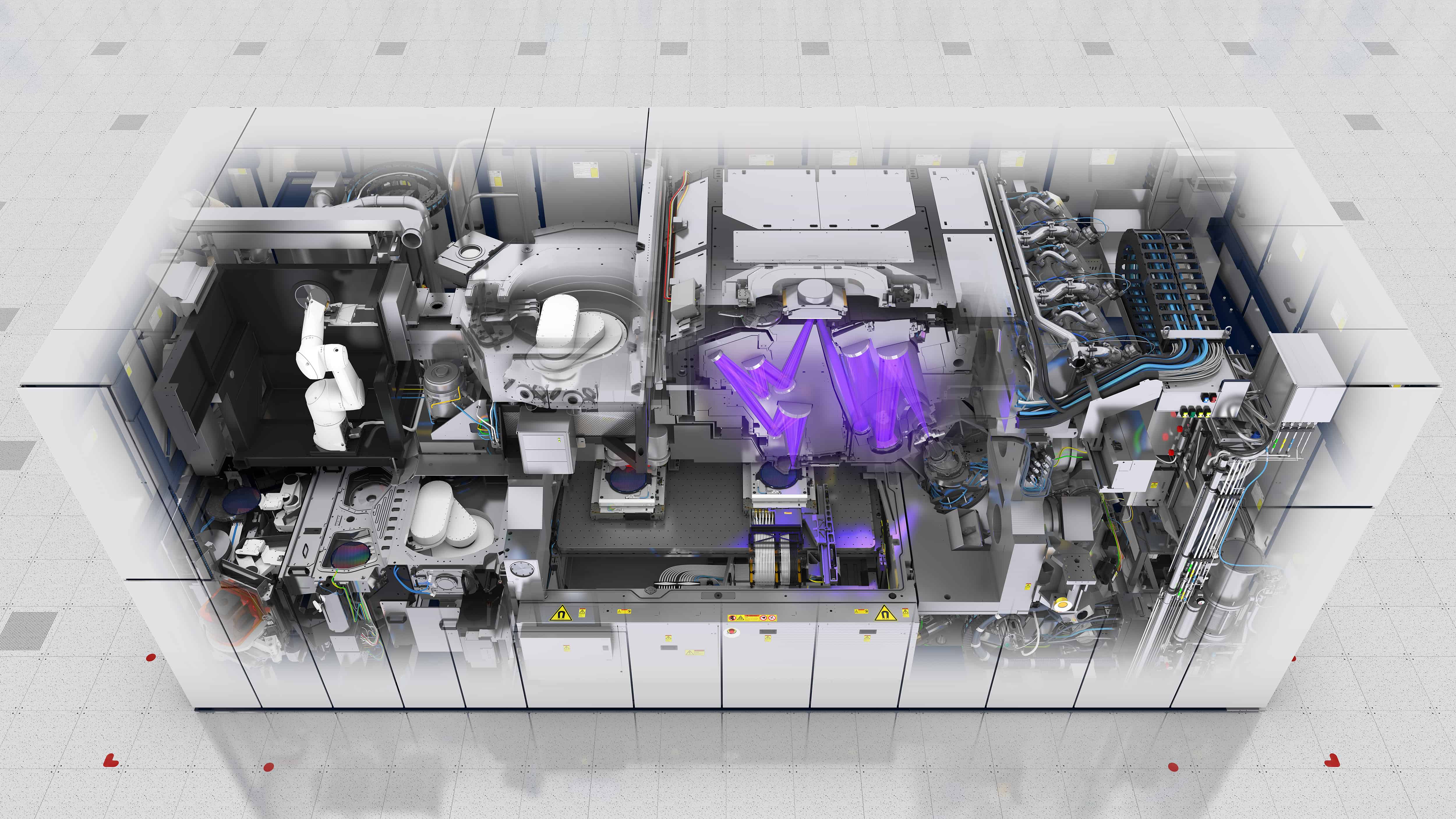
Frits van Hout, member of ASML’s board and chairman of the foundation behind the Dutch Technology Week (DTW), sees “spreading the technology virus” as one of the most important objectives of the DTW 2019. “This is an outstretched hand, we say: join in, this is also something for you. Technology is for everyone, it has added value, but it must be embraced to make it succeed.”
It’s for a reason that the eighth Dutch Technology Week is more ‘national’ than ever before: it originated in Eindhoven and has grown into an event that is taking place at 22 different locations throughout the country this year. Van Hout: “We need everyone. Not only is everyone affected by technology, and everyone can contribute to it. Technology can make everything possible.”
However, there are still bottlenecks, says Van Hout. He not only mentions a ‘broader connection’ with the successes of the region, but also the challenges in the field of education, the labour market and diversity.
“At ASML, for example, we attract people from all over the world, which means that more and more English is being spoken in the region. Not everyone feels comfortable with this. It complicates the housing market, and not everyone has the idea of being fully involved in our successes around technology. We have to be really attentive to that. The supply chain, bakers, shopkeepers – everyone must be able to feel that success. The Brainport National Action Agenda has been drawn up for this purpose: the region must be of interest to everyone, both newcomers and people who were born here.”
“Technology is too important to leave it to men alone.”
According to Van Hout, greater diversity not only means more nationalities but also more women in the tech business. “Women-in-tech, that’s a complicated subject. There are far too few women in our field, which means that we are missing out on opportunities. Fortunately, they are making themselves heard nowadays, for example at a wonderful event such as Female Tech Heroes. But it is also important that there are more female figureheads. Really, technology is too important to leave it to men alone.”
Hybrid teacher
Van Hout is happy with the advice of the Van Rijn commission to move more money to the technical universities. “That’s a good signal, but much more is needed. Take a look at secondary schools, that’s a really different story. Computer courses are being scrapped; there are too few tech teachers. That is bad for our labour market and even worse for our future. That’s why FME and Brainport have started initiatives to help education.”
“This is an outstretched hand, we say: join in, technology is something for you too.”
An important part of this is the plan to activate technicians for education. ASML previously announced an initiative for this. “But I’m often asked whether it’s wise to do so,” says Van Hout. “Can they perform? Well, being a teacher is indeed a profession, of course it is. Not every technician can perform in front of a classroom. And no matter how enthusiastic such a person may be, the teacher remains in charge of his or her classroom. But having said that, there are still lots of possibilities. With guest lectures, for example, or ‘hybrid teachers’: people who work half in the technology sector and half in the classroom can make a structural contribution to education.”
As a first step in that process, Van Hout proposed a pilot in which employees from the technology sector would teach four to eight hours a week. “Call it the light hybrid teacher. I call on everyone from the technology sector to participate so that we can find out as quickly as possible whether this path can indeed lead to the solutions we need.”







